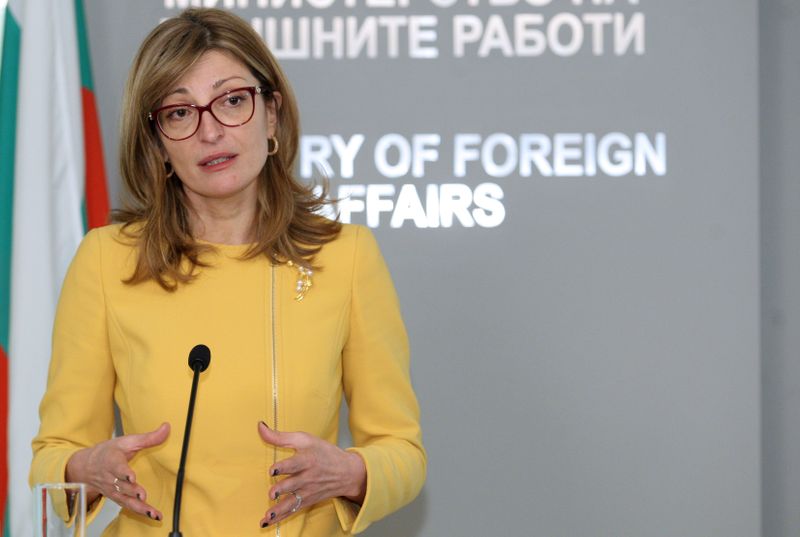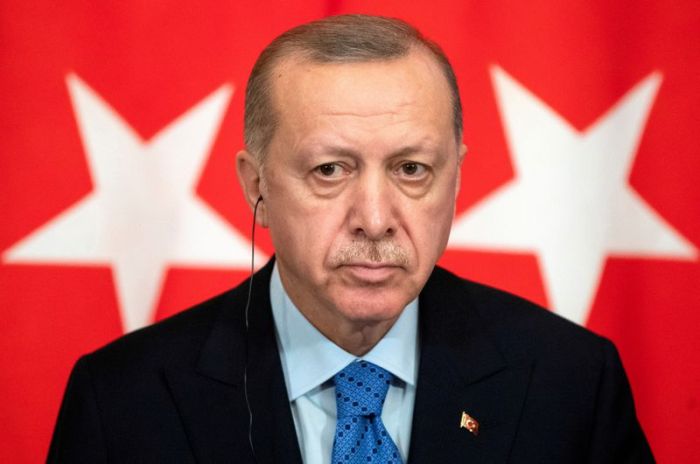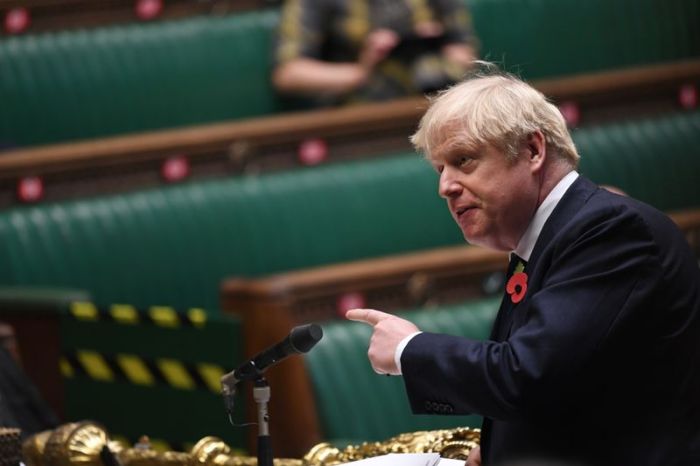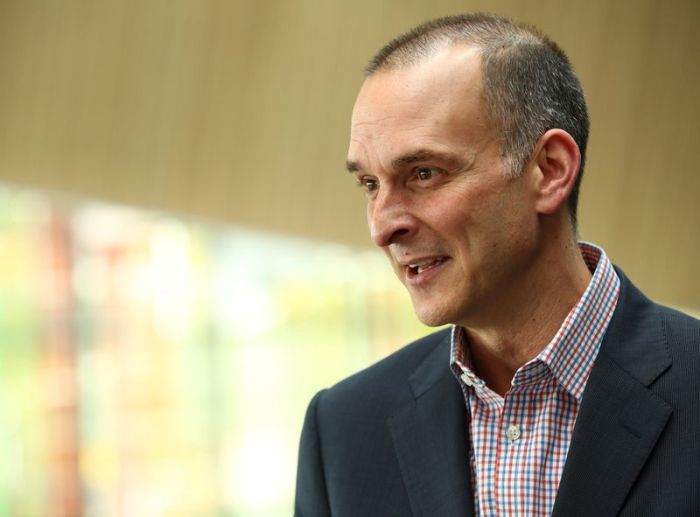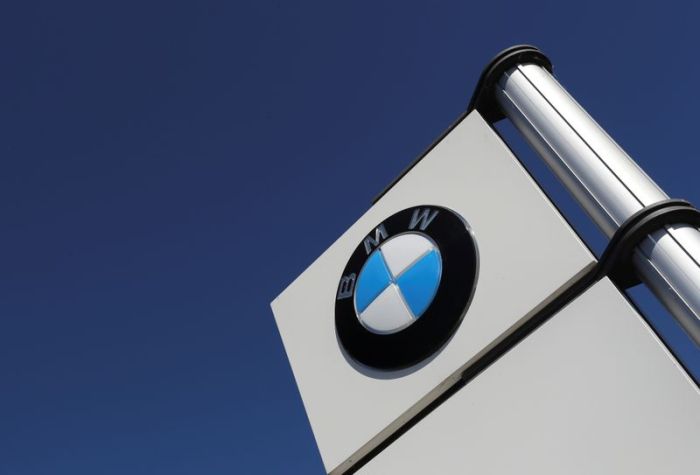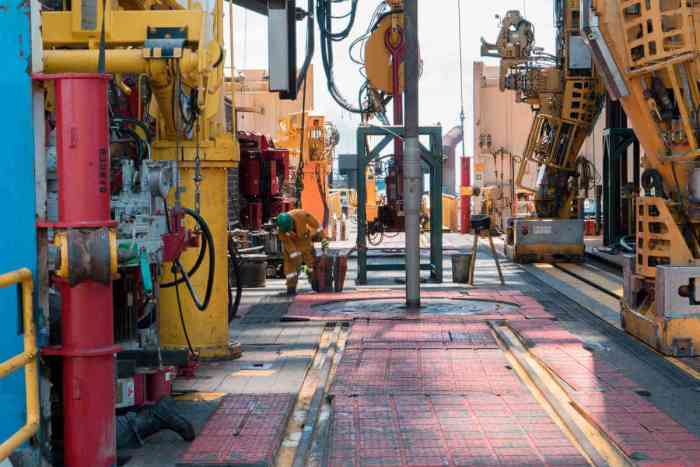SOFIA (Reuters) – Bulgaria refused on Tuesday to approve the European Union’s membership negotiation framework for North Macedonia, effectively blocking the official start of accession talks with its smaller Balkan neighbour.
Foreign Minister Ekaterina Zaharieva said Sofia could not back for now the start of long-delayed accession negotiations between the 27-member EU and Skopje due to open disputes over history and language, but remained open for talks.
“Bulgaria, at this stage, cannot back the draft of the negotiation framework with the Republic of North Macedonia and the holding of the first intergovernmental conference,” she said after EU ministers discussed the subject in an online meeting.
The official launch of the accession talks with North Macedonia and Albania was expected to take place at an intergovernmental conference in December. Zaharieva said Bulgaria backed the negotiation framework for Albania.
Following a video meeting of Europe ministers, Germany’s Michael Roth, whose country holds the EU presidency, said it was up to Bulgaria and North Macedonia to resolve their dispute before EU leaders could allow the accession talks to start.
“We want to be helpful, we want to clear the path as much as possible, so that we can start on those intergovernmental conferences,” Roth also told an online news conference.
Bulgaria’s move poses a further challenge to the former Yugoslav republic, which had to agree to add the word “North” to its official name to settle a decades-long stand-off with Greece to clear its path to EU membership.
North Macedonia and Albania then had to wait until March this year to get a green light for EU membership talks after France had expressed scepticism in 2019 over their track record on democracy and fighting corruption.
GUARANTEES
North Macedonia, Albania and four other Western Balkan countries – Bosnia, Kosovo, Montenegro and Serbia – are trying to join the EU following the ethnic wars of the 1990s that led to the disintegration of Yugoslavia.
Bringing the Western Balkans into the EU fold will help boost living standards and offset growing Russian and Chinese influence in the region, supporters say.
Bulgaria, which has long pushed for the EU integration of the Western Balkans, wants guarantees in the negotiation framework that Skopje will deliver on a 2017 friendship treaty with Sofia that deals mainly with historical issues.
Sofia also seeks guarantees that North Macedonia will not support any claims for a Macedonian minority in Bulgaria. It also wants official EU documents to avoid mention of the “Macedonian language”, which it says derives from Bulgarian.
(Additional reporting by Robin Emmott in Brussels; Editing by Gareth Jones)

